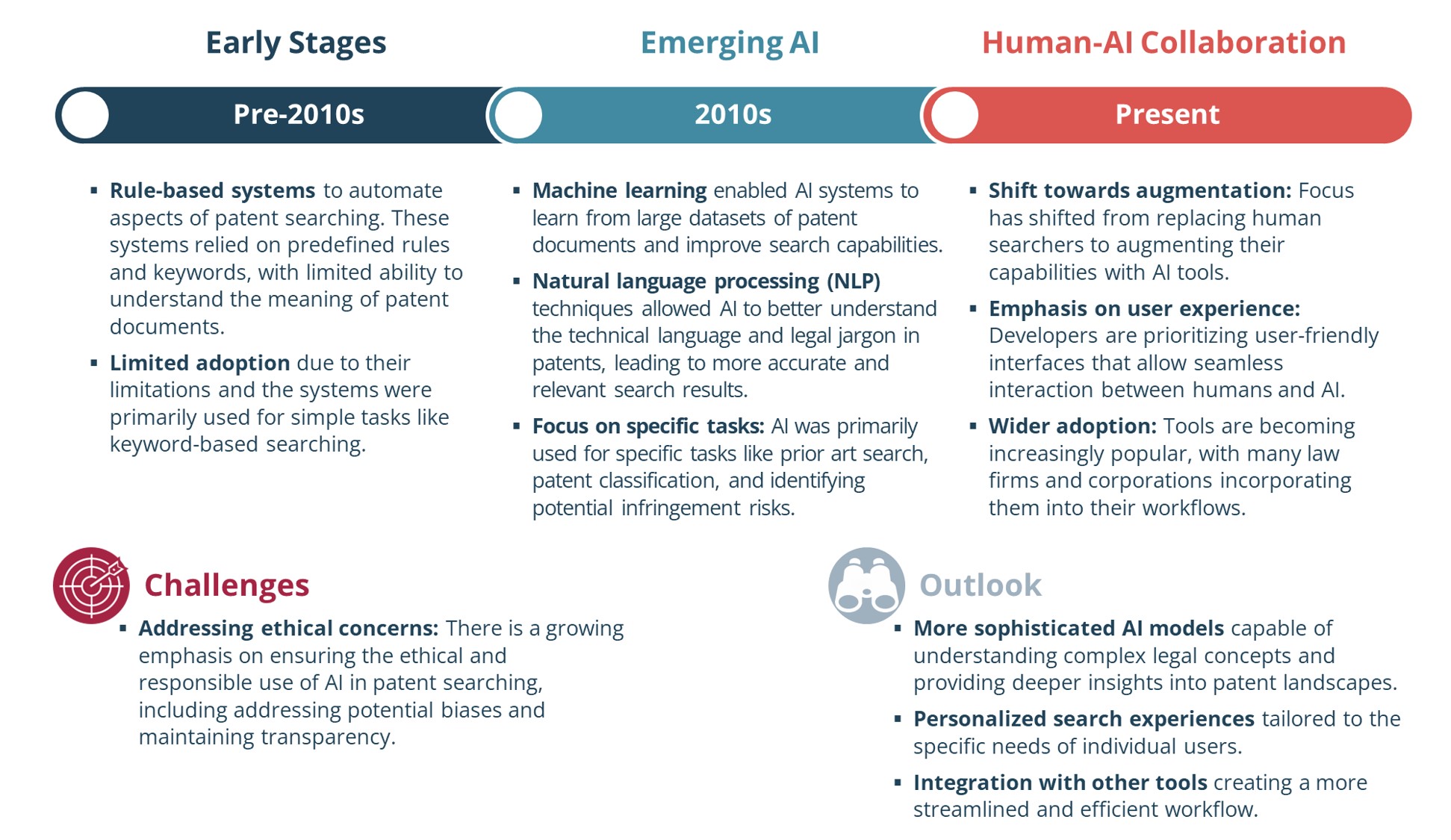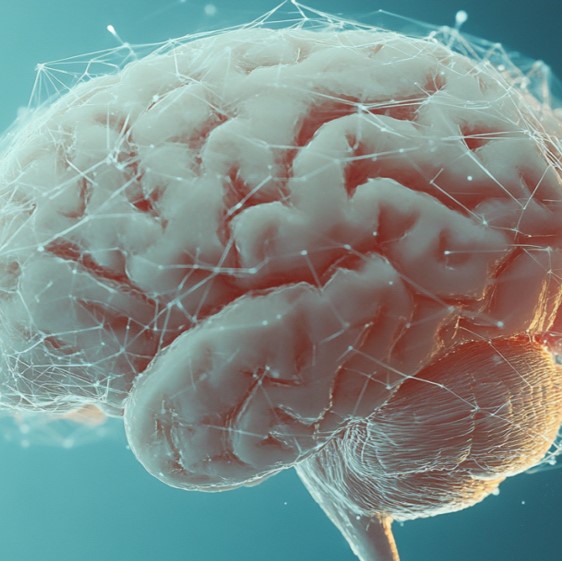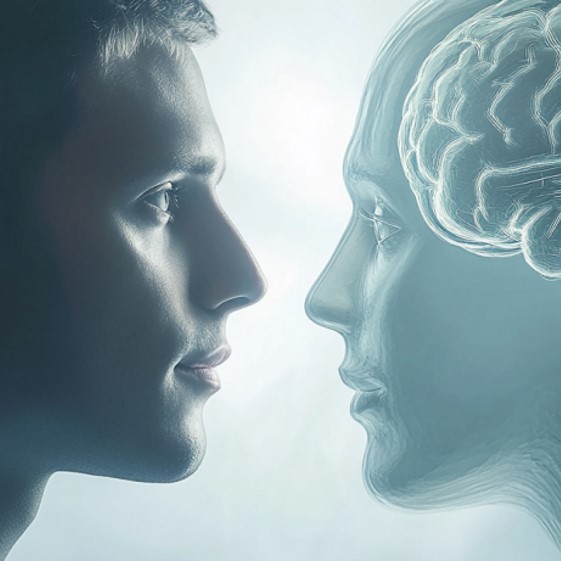
The integration of artificial intelligence (AI) with human expertise is transforming patent👉 A legal right granting exclusive control over an invention for a limited time. searches, offering a hybrid approach that combines the strengths of both. AI technologies are revolutionizing tasks like prior art searches, claim drafting, and data analysis, significantly reducing time and improving accuracy. These AI-powered tools can quickly scan vast databases, interpret search intent, and recognize nuances that human searchers might miss.
However, the complexity of patent law still necessitates human expertise for strategic decisions, legal interpretation, and interactions with patent offices. The ideal approach is a hybrid model where AI handles repetitive and time-intensive tasks, while human experts provide oversight, strategic input, and ensure legal compliance.

Patent offices worldwide, including the USPTO and EPO, are incorporating AI tools to enhance examination processes. While AI offers significant advantages in efficiency and accuracy, it’s crucial to maintain a balance between AI capabilities and human critical thinking.
Challenges include the potential overwhelming volume of AI-generated prior art and the need to verify its public accessibility. As AI continues to evolve, patent practitioners must adapt their strategies to leverage these tools effectively while navigating the associated legal uncertainties.



